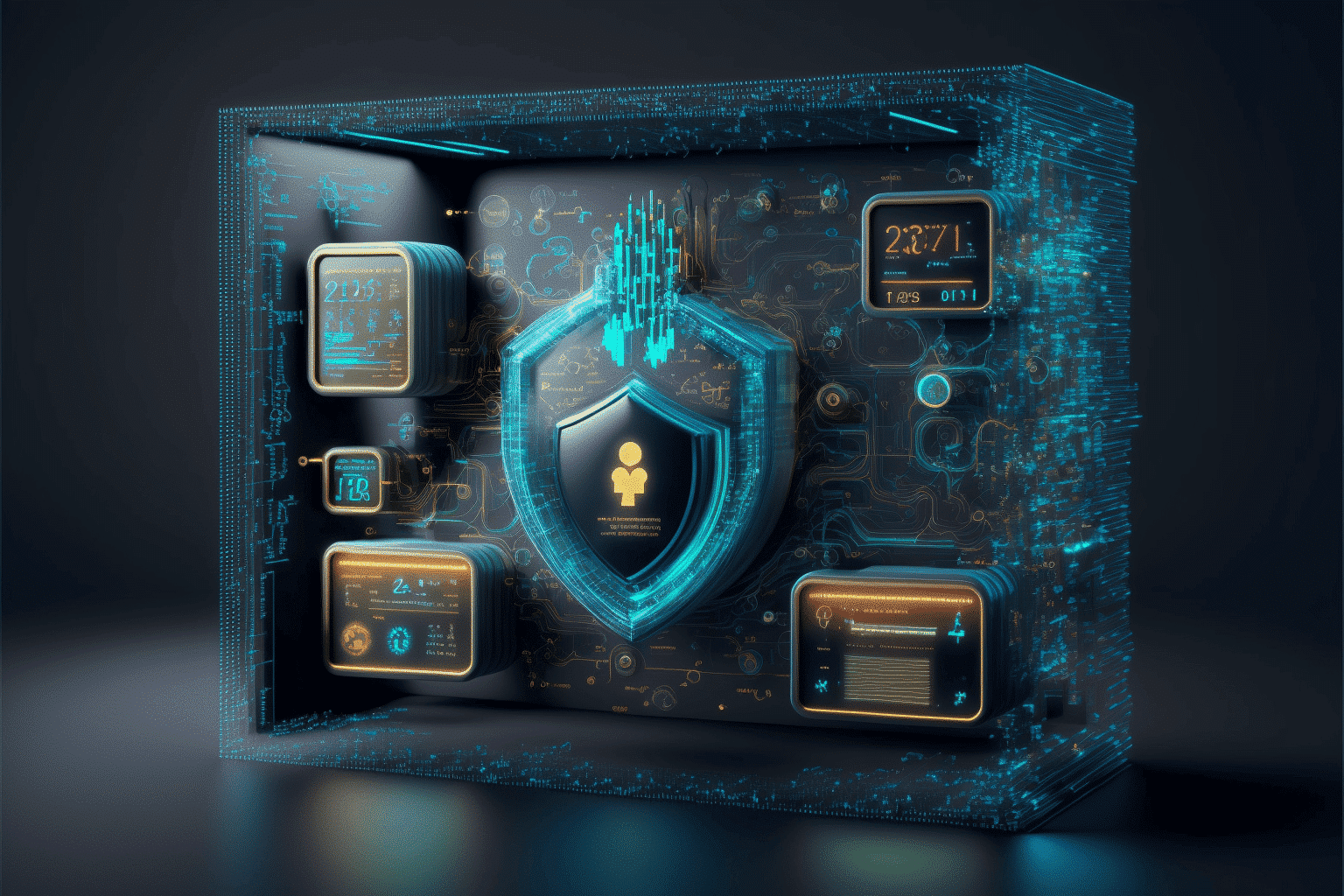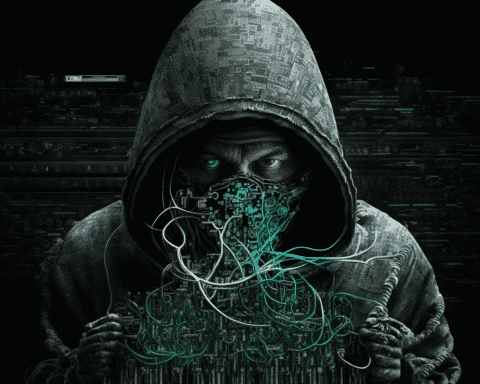Cybersecurity is a growing concern for businesses of all sizes, as the frequency and severity of cyber attacks continue to increase. In today’s digital age, it’s essential for companies to protect their networks, devices, and sensitive data from unauthorized access and misuse.
Network Security
One of the most important aspects of cybersecurity is network security. This includes protecting your company’s networks and devices from unauthorized access and disruption. This can be achieved through various means such as firewalls, intrusion detection and prevention systems, and virtual private networks (VPNs). Firewalls act as a barrier between your company’s internal networks and the outside world, blocking unauthorized traffic from entering. Intrusion detection and prevention systems are designed to detect and prevent unauthorized access to your networks. VPNs provide secure remote access to your internal networks, allowing employees to work remotely while still maintaining a high level of security.
Application Security
Another important aspect of cybersecurity is application security. Applications are a common target for cyber attacks, as they often contain vulnerabilities that can be exploited by attackers. To protect your company’s applications, it’s important to ensure that they are regularly updated and patched to fix any known vulnerabilities. Additionally, you should conduct regular security testing on your applications to identify and address any potential vulnerabilities.
Endpoint Security
Endpoint security is another critical aspect of cybersecurity. Endpoints include laptops, smartphones, and servers, and they are often targeted by attackers because they contain sensitive information and can be used to gain access to your internal networks. To protect your endpoints, it’s important to have security software installed and kept up to date on all of your devices. Additionally, you should ensure that all of your endpoints are configured securely and that employees are trained on best practices for endpoint security.
Cloud Security
Cloud security is also a growing concern for businesses, as more and more companies are moving their data and resources to the cloud. To protect your company’s data and resources in the cloud, it’s important to ensure that they are stored in a secure cloud environment. Additionally, you should ensure that your cloud providers have robust security measures in place and that you have proper access controls in place to protect your data and resources.
Data Security
Data security is another important aspect of cybersecurity. Your company’s sensitive data, such as financial information, personal data, and confidential business information, must be protected from unauthorized access, disclosure, modification, and destruction. To protect your data, you should ensure that it’s stored in a secure environment and that it’s properly encrypted. Additionally, you should have robust access controls in place to ensure that only authorized personnel have access to your sensitive data.
Identity and Access Management
Identity and access management is also an essential aspect of cybersecurity. It’s important to ensure that only authorized personnel have access to your company’s networks, devices, and sensitive data. To achieve this, you should have robust authentication and access controls in place. This includes implementing multi-factor authentication and regularly reviewing and revoking access for employees who no longer need it.
Cybersecurity is Everyone’s Responsibility
Finally, it’s important for companies to prepare for and recover from disruptive events such as cyber attacks, natural disasters, and power outages. This is known as disaster recovery and business continuity. To ensure that your company can recover quickly and effectively, you should have a disaster recovery plan in place and regularly test it to ensure that it works as intended.
Basically, cybersecurity is a complex and ever-evolving field. But by understanding the basics and taking the necessary steps to protect your company’s networks, devices, and sensitive data, you can reduce the risk of a cyber attack and ensure the continuity of your business. Regularly reviewing and updating your security measures, training your employees on best practices for cybersecurity, and staying informed about the latest threats and trends in the field are all crucial steps in keeping your company safe from cyber threats.
It is also important to note that cybersecurity is not just the responsibility of the IT department, but it is a responsibility that should be shared across all departments and all employees. Everyone in your organization should understand their role in protecting your company’s sensitive data and assets.
In addition, small companies should also consider investing in a cybersecurity insurance which can help mitigate the financial damage of a cyber attack, including recovery costs and any legal fees.
Finally, it is important to remember that no company is immune to cyber attacks and that it is not a question of if, but when, a company will be targeted. By being proactive about cybersecurity, small companies can minimize the risk of a successful attack and protect their sensitive information and assets.
In summary, cybersecurity is a vital aspect of any business, and small companies should take it just as seriously as larger ones. By understanding the basics of cybersecurity and taking the necessary steps to protect your company’s networks, devices, and sensitive data, you can reduce the risk of a cyber attack and ensure the continuity of your business.




